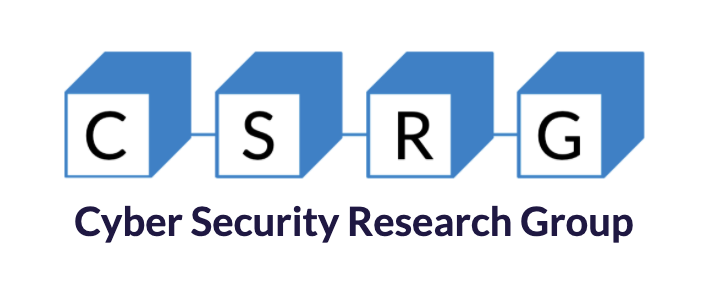A comprehensive project built to detect and evaluate deepfake media across a wide range of robustness, fairness, and security dimensions. The system incorporates multiple state-of-the-art detection models, including transformer-based architectures and Stable Diffusion variants, and supports rigorous evaluation through modular testing components. These include adversarial robustness analysis, resistance to natural perturbations, generalization to unseen generative models, explainable decision-making, and fine-grained manipulation localization.
